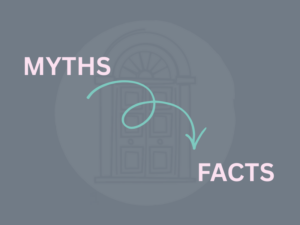Rheumatoid Arthritis Awareness

Rheumatoid Arthritis (RA) is an autoimmune disease that can affect anyone over the age of 16 years. June 17th to 23rd 2019 is Rheumatoid Arthritis Awareness week and this year’s theme is #AnyoneAnyAge
In the UK, more than 400,000 people are affected by RA, more women than men. People can get it at any age – early onset RA can be from the age of 14 years.
RA can be caused by either genetic factors or environmental triggers (eg, a virus, an infection or trauma). Smoking is a significant contributor to the development of RA and, when combined with certain genes, the disease can be more aggressive – another important reason to give up smoking!
What is the difference between Osteoarthritis (OA) and Rheumatoid Arthritis?
OA is wear and tear on the joints and mainly affects older people. However, RA affects the immune system, causing it to attack the lining of joints, leading to inflammation and further symptoms of pain and stiffness. RA is symmetrical which means it normally acts on both sides of the body in a similar manner. As well as the joints, RA can affect the lungs and eyes. RA also results in an increased risk of cardiovascular disease, stroke or heart attack and it can lead to anxiety or depression.
What signs and symptoms should I watch out for?
RA has better long-term outcomes if it is diagnosed and treated as early as possible. It usually begins in the smaller joints but can go on to affect the whole system. Symptoms to watch out for include:
- Pain and swelling in the joints, often hands, wrists and feet
- Joint stiffness in the early morning which lasts for more than 30 minutes
- Fatigue – more than just normal tiredness
- Difficulty in performing daily activities like washing & dressing
What can I expect if diagnosed?
Early detection and treatment is key in reducing the scope for RA to cause irreversible damage to the joints (which may lead to disability).
Although there is no known cure for RA, the good news is that the treatment and management of the disease is currently very effective. Once the disease is under control, most people can lead relatively full, active lives. Treatment includes frequent monitoring of the joints, prescribed medication, and possibly a short course of steroids, to reduce inflammation and bring the disease under control.
What else do I need to know?
Should you be experiencing any of the above symptoms, it is very important make an appointment with a GP. You can make an appointment with one of our experienced Private GPs by calling us now on 01962 828175 or by emailing info@thewalcotepractice.co.uk
For further information about RA, please click on the following link: National Rheumatoid Arthritis Society.
#AnyoneAnyAge



